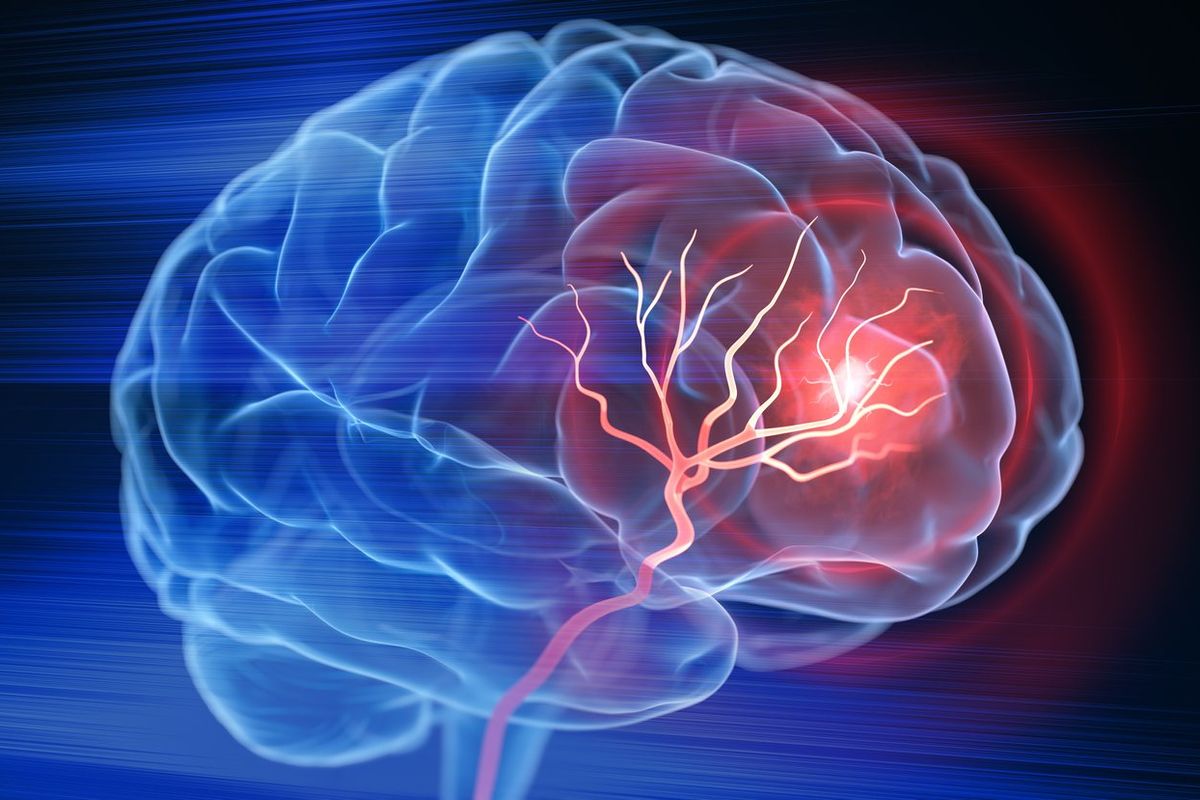Q:
Is it possible to prevent damage from stroke? I've heard that it’s really only a matter of minutes before the damage is done. How can it be possible to get help in time?
A:
When you suffer a stroke, the part of the brain that is no longer receiving blood often stops functioning properly. Depending on what section of the brain is affected, this can lead to difficulty speaking, paralysis, or vision and memory loss.
Until the mid-1990s, few therapies existed to prevent permanent stroke damage. But that changed in 1996 when the FDA approved a drug that, when delivered within three hours of symptom onset, can potentially minimize the effects of a stroke. Any delay in administering this drug could mean the difference between a full recovery and permanent disability. Other treatment options for stroke include specialized devices that physicians can use to eliminate the blood clot. These interventions also are time-sensitive and must be administered within a specific time frame after the first symptoms of stroke are noticed.
Despite the potentially serious consequences of a stroke and the availability of effective treatment, only about half of people who experience stroke symptoms seek care, and women are three times more likely than men to delay going to the hospital. Researchers suggest that this is largely due to the fact that women are less familiar with both their risk factors and warning signs of stroke.
Two key steps are needed to minimize the damage of a stroke. The first is to recognize the warning signs. These include the sudden onset of:
- Numbness or weakness of the face, arm or leg, especially on one side of the body
- Confusion, trouble speaking or understanding others
- Trouble seeing in one or both eyes
- Dizziness, loss of coordination or balance, or trouble walking
- Severe headache with no obvious cause
The second step to minimizing stroke damage is to have a plan of action. This plan should include calling 9-1-1 at the first sign of symptoms, and getting to a hospital emergency department immediately for assessment and treatment.
Once you arrive at the hospital, it is important to clearly convey your symptoms to the emergency department physician. A physical exam will be performed and your medical history will be recorded. If emergency medical staff suspect a stroke, they may perform several diagnostic tests.
If a stroke is confirmed due to a blood clot, medication may be prescribed. By reaching the hospital promptly, you can greatly increase your chances of reducing the disability caused by stroke.
This content was produced with the support of a grant by Genentech.







